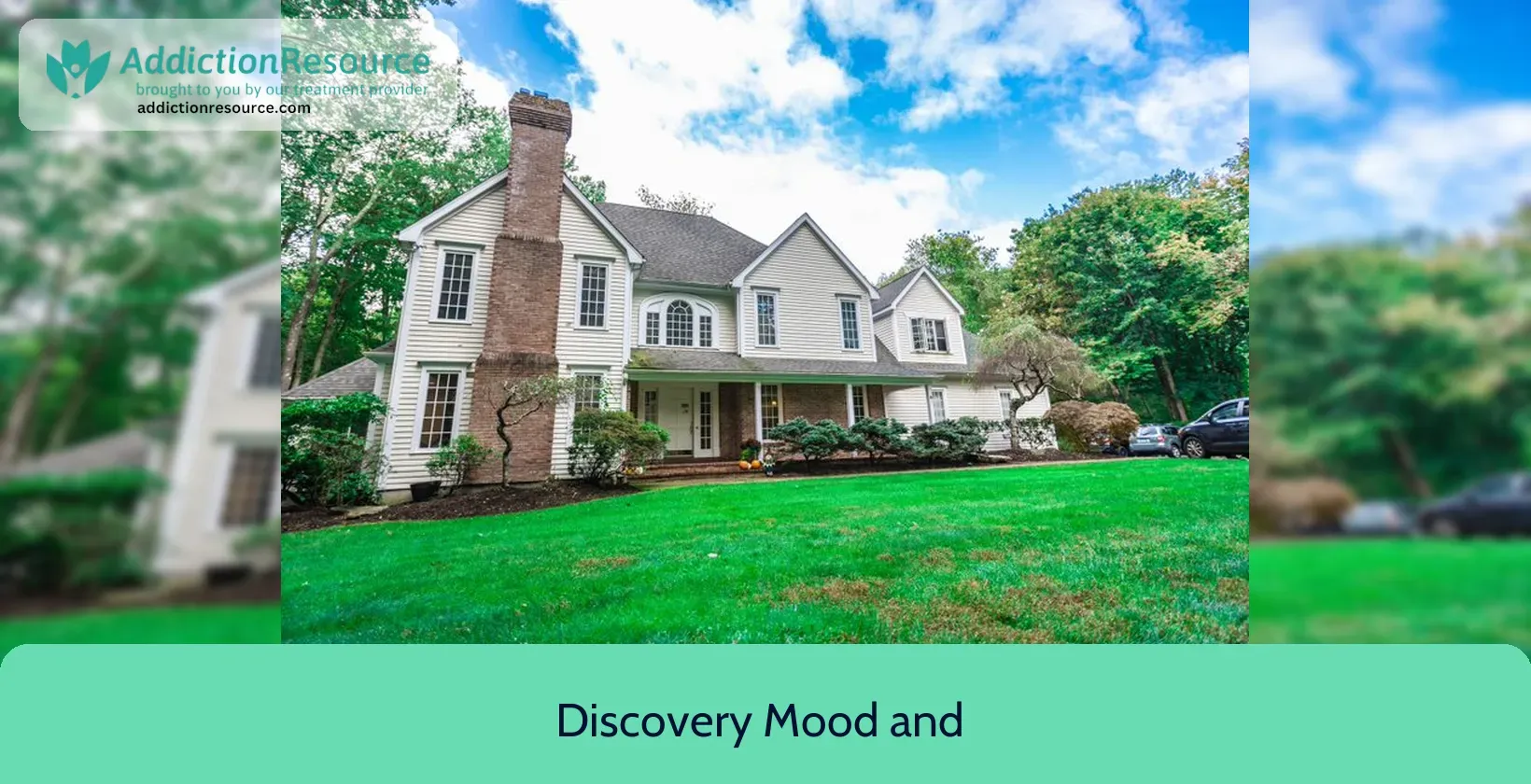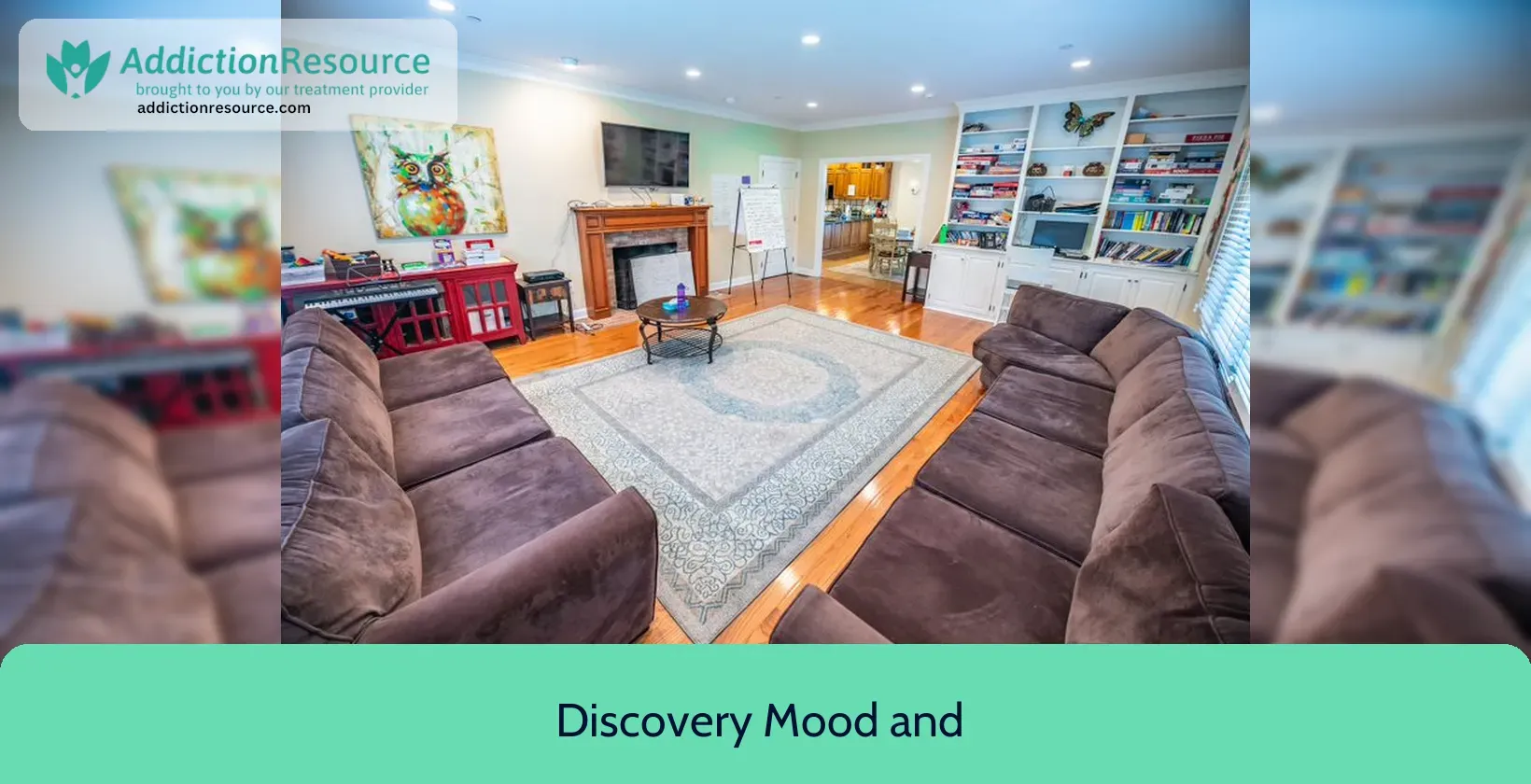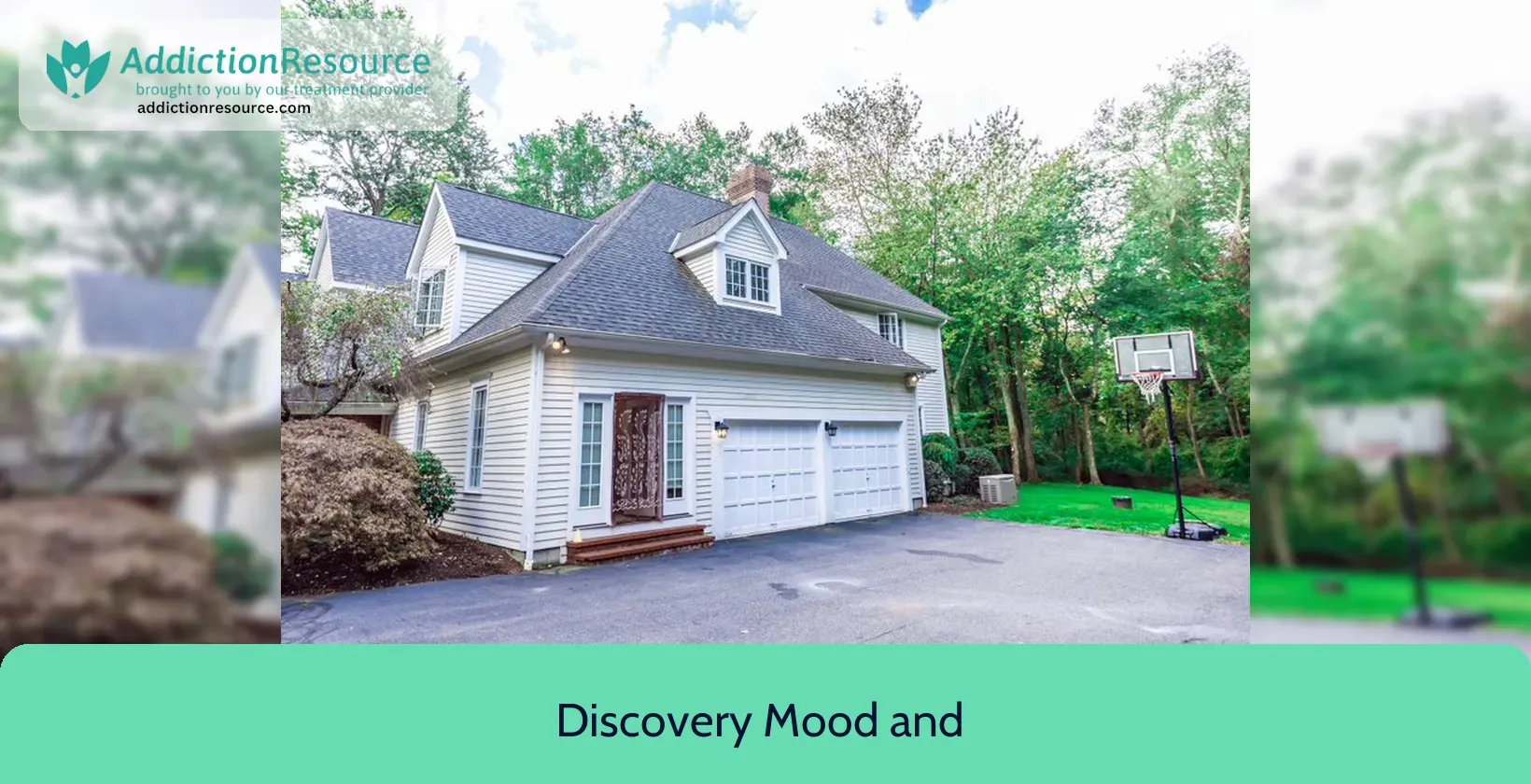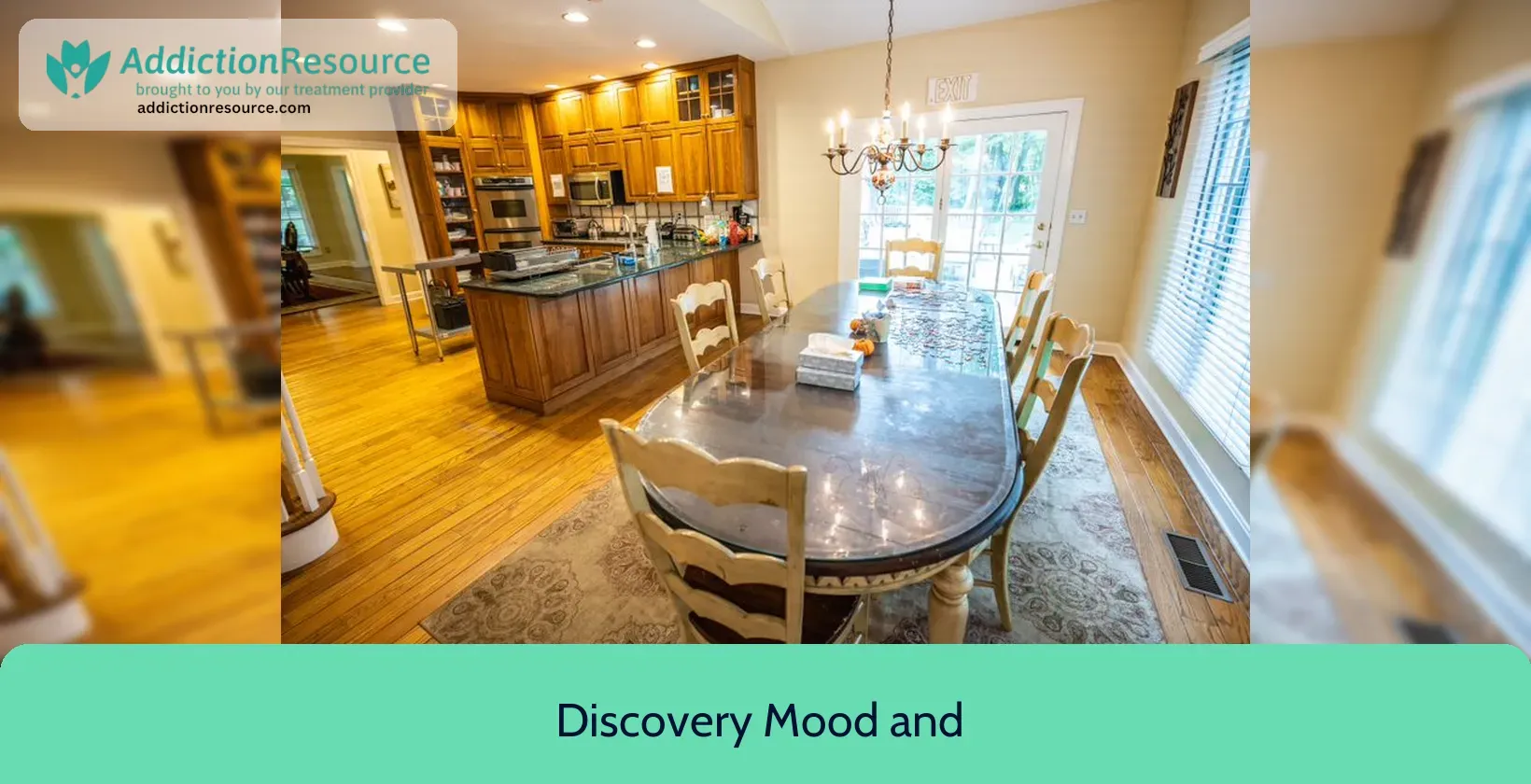Discovery Mood and Anxiety Program – Fairfield, Connecticut in Fairfield Overview
Hope Without Commitment
Find the best treatment options. Call our free and confidential helpline
Most private insurances accepted
Treatment Options
The facility offers multiple levels of care, such as:
The center treats the following addictions and co-occurring disorders:
- Clients who have experienced trauma
- Children/adolescents with serious emotional disturbance (SED)
- Persons with post-traumatic stress disorder (PTSD)
- Persons 18 and older with serious mental illness (SMI)
- Comprehensive mental health assessment
Treatment Modalities
Couples Therapy in rehab helps couples facing addiction recovery by providing specialized counseling to improve their relationship. Expert therapists guide them through communication, conflict resolution, and trust-building, promoting lasting recovery and a stronger partnership.
Group counseling provides a supportive environment where individuals share personal experiences and insights, under the guidance of a professional counselor. It facilitates self-awareness, fosters interpersonal learning, and helps members work through personal and relational challenges. Through shared dialogue and reflection, individuals learn coping strategies, gain emotional support, and experience personal growth within a communal setting.
Cognitive Behavioral Therapy (CBT) is a therapeutic approach that emphasizes the interconnectedness of thoughts, emotions, and actions. It promotes healthy reactions to thoughts and emotions, steering individuals away from harmful responses such as substance abuse. Proven effective for various addiction recoveries, CBT enhances an individual’s self-awareness and self-control. Through CBT, individuals learn to better gauge their emotional well-being, communicate more effectively, and handle stress without resorting to drugs or alcohol.
Dialectical Behavior Therapy (DBT) for addiction treatment is a comprehensive cognitive-behavioral approach initially developed to treat individuals with borderline personality disorder. Adapted for addiction, DBT emphasizes the development of four core skills: mindfulness, emotion regulation, distress tolerance, and interpersonal effectiveness. Through individual and group sessions, patients learn to understand their triggers, manage negative emotions, cope with cravings, and improve relationships, all of which contribute to long-term recovery and reduced substance use.
Integrated Mental and Substance Use Disorder treatment is a comprehensive approach to treating individuals with both mental health and substance use disorders. It aims to address both conditions simultaneously through a coordinated and integrated approach. The goal is to improve overall well-being and reduce the risk of relapse.
Activity Therapy refers to a therapeutic approach utilized in rehab centers to promote physical, emotional, cognitive, and social healing. Through structured and guided activities, patients are encouraged to engage in tasks that stimulate the mind, enhance motor skills, foster interpersonal relationships, and bolster self-esteem. By participating in diverse activities, from arts and crafts to group games, patients not only distract from negative thoughts or behaviors but also develop coping mechanisms, resilience, and a sense of purpose. It’s a holistic way of enhancing an individual’s overall well-being while in the recovery process.
Conditions Treated
Mental health treatment
Mental health facilities offer a safe space for individuals to get specialized care. Trained experts create personal plans using therapies, possibly including medication. The goal is to help individuals cope better and lead fulfilling lives, with constant support and a community feel.
Levels Of Care
Hospital inpatient treatment
Inpatient treatment involves an intensive, residential therapeutic program designed to treat serious addictions or other medical conditions. With a typical stay ranging from 30 to 90 days, individuals receive a structured regimen of various therapies including individual and group counseling, behavioral therapies, and family counseling. Under professional supervision, patients immerse themselves in a supportive environment, conducive to addressing underlying issues and promoting long-term recovery.
Payment Options
- Cash or self-payment
- State-financed health insurance plan other than Medicaid
- Private health insurance
- Federal military insurance (e.g., TRICARE)
- State mental health agency (or equivalent) funds
- State welfare or child and family services funds
- State education agency funds
- Other State funds
- County or local government funds
- IHS/Tribal/Urban (ITU) funds
License and Accreditation
- The Joint Commission
Ancillary Services
- Diet and exercise counseling
- Family psychoeducation
- Integrated primary care services

 Authored by
Authored by  Reviewed by
Reviewed by 





